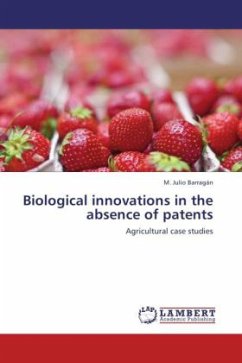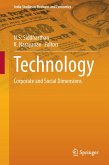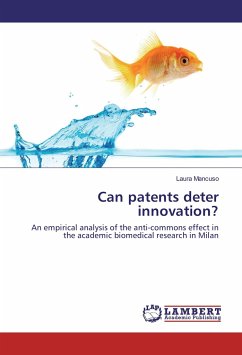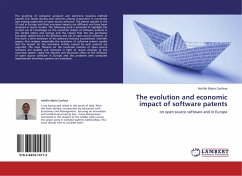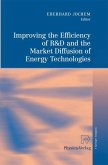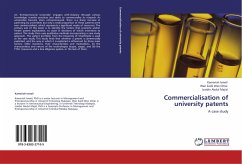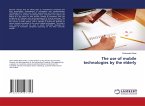Patents are usually thought to be essential for innovation. For instance, the widespread conviction that US plant variety innovation during the 19th century was insignificant is partly attributed to the fact that, unlike mechanical innovations, no patent arrangements where available for plants at the time. This book introduces previously untapped archival sources to challenge this widespread conviction. At the theoretical level, the book challenges conventional wisdom on the required conditions for private sector innovation: plants were innovated even though patents for plants did not exist, plant innovations could be easily copied, and there was no way to rely on secrecy. At the firm level, new successful varieties were found to start earning a premium, which slowly disappeared over time. At the industry level, the equilibrium number of firms in the industry was found to be affected by shifts in demand. The book concludes with a discussion on the implications for two important policy instruments of 20th century US agriculture: intellectual property rights and public sector innovation. The analysis benefits from fresh and frequent insights that come with new data and new theories.
Bitte wählen Sie Ihr Anliegen aus.
Rechnungen
Retourenschein anfordern
Bestellstatus
Storno

